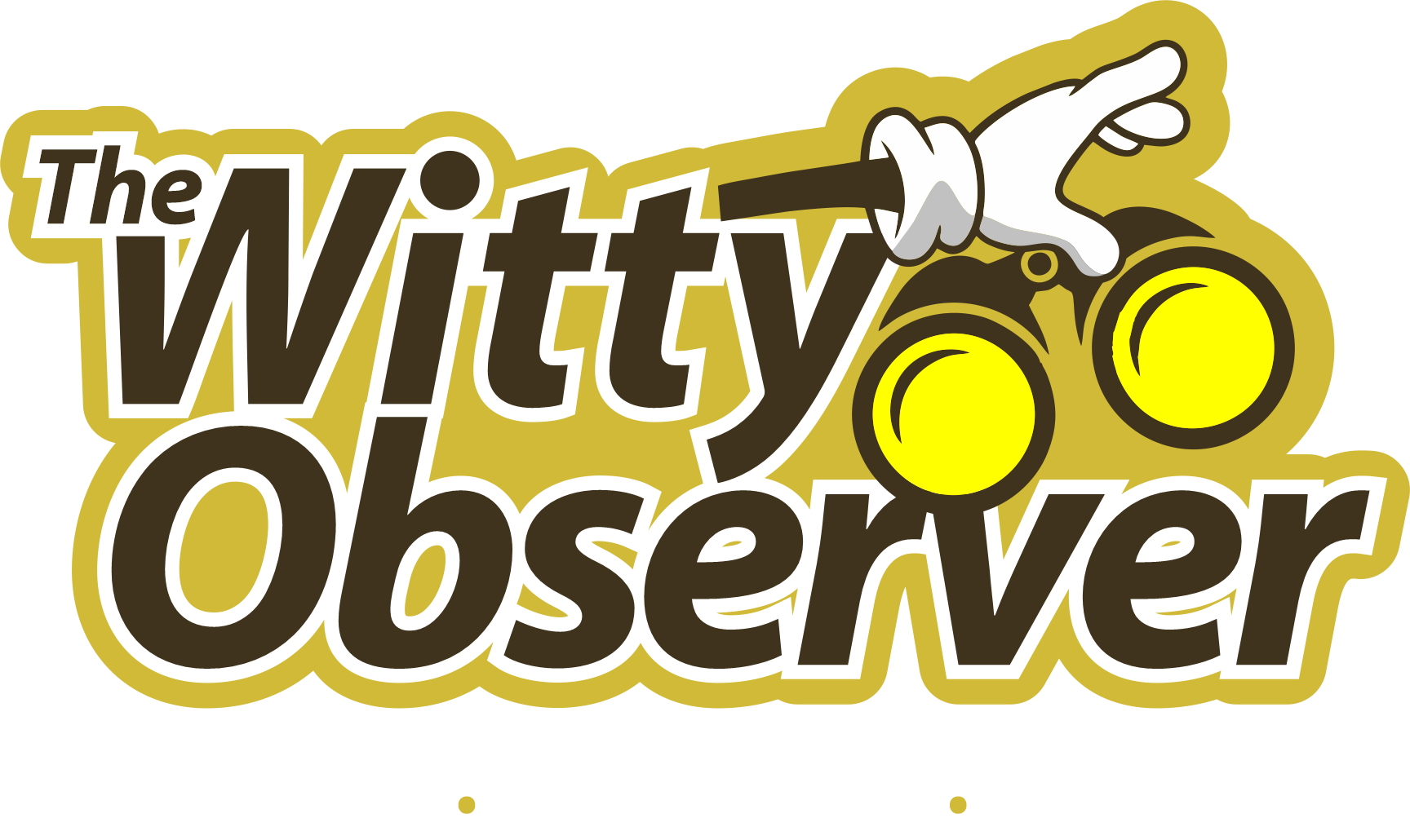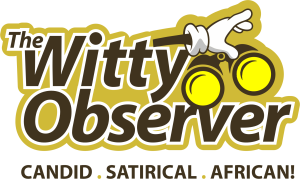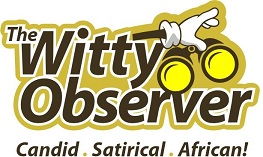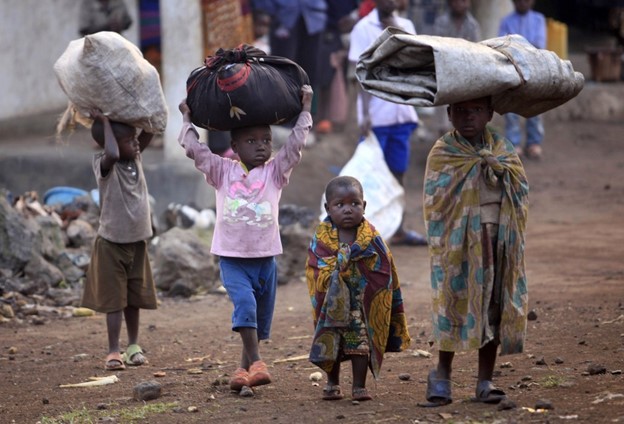Boycotting Tesla or iPhones will NOT end Congo’s bleeding.
Before miners in modern suits, colonial overlords and dictators weaponised Congo’s riches to systematically strangle democracy. Bad leadership elevated exploitation into high art, perverting governance into personal gratification. From Belgium’s Leopold to Bantu warrior Joseph Mobutu, meet the madmen who hacked democracy into a blood funnel.
Before untangling the crisis web, let’s recap the twisted History of dictators who weaponised chaos in Congo’s recurring misfortunes.
By 1908, international outrage forced an abrupt end to Leopold’s brutality. Belgium assumed formal control and turned it into an official colony. For the next fifty years until 1960, Belgium pursued exploitative policies but with less horrific cruelty.

Around the same time, Sub-Saharan Africa, led by Ghana, sparked the tangible concept of self-rule. This infectious bug in the 1950s inspired Congolese nationalism.
PATRICE LUMUMBA (1960)
This dashing young, thin pan-Africanist swept onto the scene, dripping with rousing rhetoric about African unity! He was Nkrumah-esc. Another Pan-Africanist? Who will control the most naturally resourced place on earth? God forbid! The WEST yelled.

So, four different factions hatched the perfect plan. First, Moise Tshombe is the leader of the Katanga region. He was a wealthy businessman who claimed to come from the royal lineage of the Kongo Empire. He decided to withdraw the mineral-rich province from the new Congo to form its own state. He could keep the resource-rich Katanga profitably aligned with Belgian mining interests.

Second was the Belgian Government. At number 3 and in no particular order was the CIA. Covert CIA operatives were present throughout, signaling tacit US approval despite denials of involvement. Last but not the least were Congolese Political Rivals.
It’s too bad Patrice Lumumbaknew nothing about running a messy, fractious country.
JOSEPH KASA-VUBU (1960-1965)
When Congo won independence, it experimented with having a president and prime minister. They hoped shared power could unite all its bickering regions.

So President Kasa-Vubu landed the big fancy title and ribbon-cutting duties while young firebrand Lumumba handled the actual work as a PM. But sticking two political egos (and ethnic factions) in one tiny government is a recipe for disaster.
Kasa-Vubu and Lumumba were soon at each other’s throats, worse than the Real Housewives of Lagos. Every petty disagreement sparked dramatic threats to dissolve parliament and fire ministers. Their political catfight got so out of hand it basically turned Congo into a chaotic emergency capital.

President Joseph Kasa-Vubu and army commander Joseph Mobutu directly coordinated Lumumba’s overthrow, arrest, and handover to separatist forces. Within 80 days, Lumumba’s fiery speeches lost their lustre as the country plunged into chaos. Ousting Africa’s bright, shining hope a mere two months into his term.
But Kasa-Vubu’s victory lap didn’t last long. Mobutu shoved him aside.
JOSEPH-DÉSIRÉ MOBUTU (1965-1997)

Meet the swaggering, leopard print-loving kleptocrat. Self-proclaimed King of the Congo jungle who made the country great at misery again! During his 32-year despotic rule, Mobutu systematically squashed political opposition as casually as stepping on ants. Human rights violations became just another item on his daily checklist.

But dang, that guy could rock a leopard skin hat! Though he renamed the country “Zaire” so locals would sound more “authentic, ” he banned traditional African hairdos that might undermine his towering prestige. You can’t make this up!

We’re talking about the one and only Joseph Desire Mobutu! Mobutu renamed himself Mobutu Sese Seko Kuku Ngbendu wa za Banga (“the all-powerful warrior who, because of his endurance and inflexible will to win, will go from conquest to conquest, leaving fire in his wake”).
MINERAL DEALS
Congo’s dictator established SOGECOMEX in 1967. A state company exporting Congo’s ample mining treasures while importing zero amenities for the people. SOGECOMEX was literally Mobutu Inc. – evading taxes, laundering money, and brokering sweetheart arms deals.

Mobutu wasted no time embezzling over $5 billion and building himself a luxury banana republic of gold-encrusted palaces. He hoarded couture like an African Imelda Marcos, owning 15,000 bottles of pink Champagne alone! Basically, picture every James Bond villain rolled into one character.
America loved Mobutu. His anti-communist rhetoric allowed the CIA to set up camp while collecting big cheques. A Cold War “victory” for America, keeping the Soviets out of the most coveted natural resource piece of land!


When Mobutu nationalised foreign mining assets in 1974, he redirected funds to line cronies’ pockets, granting them juicy contracts. Foreign governments eagerly kept their regimes flush with weapons for extraction access.
RUMBLE IN THE JUNGLE
In the same year, Mobutu distracted the easily swayed global community. The classic 1974 “Rumble in the Jungle” is a case in point.

The ingeniously self-promoting despot lured Muhammad Ali (the greatest boxer of ALL TIME) and George Foreman to Congo. Spending lavishly on deco infrastructure to convince worldwide audiences, he’d created an African success story far from Europe’s colonial wreckage. Except not – infrastructure predictably collapsed soon after the camera crews vamoosed.

THE SUNSETS ON MOBUTO
By the 1990s, Congo’s economy tanked into true hyperinflationary pandemonium. Of course, he’d already safely squirreled away his embezzled billions in overseas bunkers long before things crashed.
Facing rebellion in 1996, he struck a $1 billion agreement with American miners to wire personal profits in exchange for backing his rule.
LEGACY

No African autocrat has ever matched the sheer dictatorship drip of Mobutu. But his legacy certainly lives on through the DRC’s leadership and foreign corporate vultures.
Tiger’s Roar

The problem of Africa is NOT THE WEST. The problem in Africa is LEADERSHIP. The bleeding of resources the Congolese endure today traces directly back to colonial and dictatorship pilfering, normalising state looting.
Intentional leadership holds the key to reversing Africa’s fortunes. Firstly, we need wise leaders who appreciate the vicious realities of the global balance of power. Secondly, we must embrace Nkrumah’s Pan-Africanist vision of unity and economics. Lastly, leadership must prioritise radical self-reliance and restore international esteem.
- History shows powerful actors exploit, dominate, weaken or less powerful actors through colonialism, imperialism, wars, or other forms of violence. Hence, the Congo and all of Africa.
The mining crisis in the Congo is a well-crafted, effective plan by some Western nations and actors. We can fight against it, but we cannot fault them. In most societies, the “Survival of the Fittest” concept can be interpreted as the competition between nation-states for power, resources, and influence by any means necessary. It’s a bit more nuanced regarding geopolitics, but the basics remain the same. Therefore, those who survive have traits favoured by their ecosystem’s current and changing conditions.
Just as nature selects species best harnessing their ecosystem for dominance, leaders must also maximise their strategic leverage. For example, Niger leveraged the booming uranium prices to reclaim export value in 2023. That’s like punching France in the gut. Congo must similarly capitalise on high cobalt/coltan demand to capture majority profits abroad rather than let foreign powers gorge on our resources. - Weaker or less powerful actors have challenged, resisted, or cooperated with more powerful actors through alliances. Kwame Nkrumah said, “Our independence is meaningless unless it is linked up with total liberation of the African continent.”. The Congo will be free ONLY WHEN AFRICA IS ECONOMICALLY INTEGRATED. Meanwhile, the Economic Community of Central African States (ECCAS) has not achieved its aim of promoting economic integration, peace and security.
- Finally, the only way the Congo crisis will disappear is when we manage our affairs well. The Congo should be able to provide for its people’s basic needs and rights, such as food, water, health, education, security, and justice, without relying on external intervention. Do not underestimate the intentionality of the WEST to stay powerful and relevant. It is not in them to see a liberated Congo. Their survival instincts will not allow it.
This tells us we need a new breed of leaders on the continent. Those who understand that the mandate is twofold: self-reliance and restoration of the pride of Africa. How do we get these leaders? They have to be groomed in our homes and in our institutions. And when that wave of intentional leadership hits Africa, it will spread faster than the Arab Spring.
So, instead of boycotting Tesla or iPhone, become part of the solution. Start a campaign to promote young, intentional African leaders.
Chink in the armour
And so Congo cries for what could have been under a Lumumba leadership who would put people before power. Perhaps Congo could have been an African Silicon Valley brimming with innovations for global good. Or an educational oasis nurturing future leaders who dedicate days to uplifting communities. The Congo could have been Africa’s Singapore, symbolising stability and prosperity. Or an illuminated land where renewable energy lights up every precious child’s home. Congo could have been a visionary city elevating human ingenuity while harvesting nature’s healing.
Conclusion
And there we have it – a nation built not by visionaries but by vicious vultures. A nation bleeding rivers of blood. We must believe the Congo still can be what she ought to be. She will again be the way -and the light where there’s a will.
In the final part of our Congo series, we will trace the devastation left in the Congo as conflict, crumbling infrastructure, and poverty ravages the nation. As global mining interests rushed in, armed groups from neighbouring countries plundered where Leopold, the Belgians, and Mobutu had left off. The model of stealing Congo’s riches is entrenched. Now China and the West fund this carnage through demand for Coltan and Cobalt – completing the tragic cycle of exploitation.
What do you think?
- Based on History, who bears the most significant responsibility for the Democratic Republic of Congo’s recurring crises – past or present leaders, external powers, or others?
- How could Congolese civil society groups demand more accountability in managing the nation’s vast mineral wealth?
- What lessons can newer African political movements and leaders draw from the brief Lumumba period and admonitions in this piece regarding self-determination?
- Is pursuing economic integration similar to Nkrumah’s vision for the United States of Africa a viable pathway for empowering Congo in your view? Why or why not?
- Should the global community intervene regarding instability in places like Congo? If so, how should that manifest beyond superficial victories that fail to create systemic change?
- What examples of “intentional leadership” excelling at balanced diplomacy and anti-corruption reform could Congo emulate from regional peers?
- How can diasporans spur political will abroad regarding sustainable, ethical approaches between corporations/consumers and Congo’s mining sector?
- What gives you hope looking ahead at Congo’s next chapter despite the enduring kinsmanship patterns called out? Where might progress sprout from?




